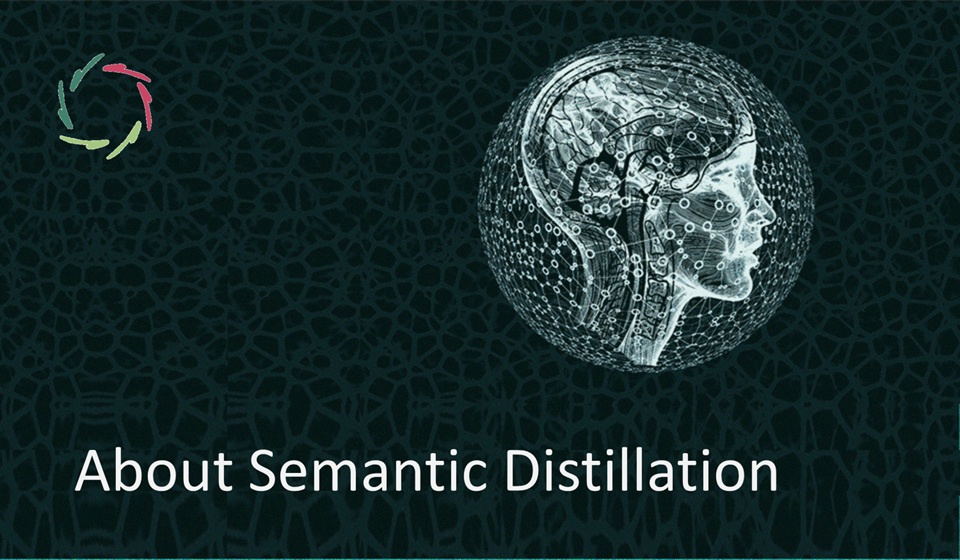Your Memories are Alive

Memories are living beings in continual motion. Not any memory is a replica of what happened in the past.
No library
We don’t have a library of memories in our head, nor a computer-like database in which one can perform a straightforward lookup of wanted information.
Instead, we have a hundred billion neurons forming mental-neuronal patterns. Each neuron – and part of any neuron – is a living element of continually changing patterns.
As a result, the global memory of a person is also continually changing. Not dramatically, of course, since that would make the instrument unworkable and would have made homo sapiens go extinct long ago.
The advantage of ‘bad memory.’
What at first sight may appear like nature’s flaw in giving us a bad memory, is actually advantageous. In short, we mainly need the past to support the present. For that, there is no memorial need for exactness but for proneness to be efficient in new situations, an ever-new environment. Since this environment – internally and externally – is continually shifting, what is memorially efficient now will not optimally be so soon enough. It’s OK that memories adapt themselves.
And they do so.
This happens even more when consciously remembering something.
Each time you consciously remember something, it becomes changed even more than in-between. The reason is that, to become conscious, a mental pattern needs to be transformed from the non-conscious universe-of-patterns into a more conceptual structure. Doing so, the memory that pops up changes its mental environment, and vice versa.
So, we interpret the present with the past. This is rather obvious. Less obviously, we also interpret the past with the present.
Thus, paradoxically, remembering something makes you forget more quickly the exact memory as a ‘historical truth.’ In a way, the memory travels away from historical truth, even more when we repeatedly think about it. It’s as if you shouldn’t remember something too many times in case you don’t want to totally forget it.
As a result, we live more in the present than in the past.
A good thing. The Buddhist here-and-now becomes even more interesting.
This made Donald P. Spence, in his book ‘Narrative Truth and Historical Truth’ (1982) make an interesting distinction between past-past and present-past. Two pasts ― what we remember is not (wholly) what happened.
Of course, there is also a past-present in the sense that the past influences how we perceive the present. Which past is this? It can only be the present-past. The past-past is gone forever, time and time again.
Is this a way we can also consciously influence the past we remember?
‘Memory reconsolidation’ is a therapeutic endeavor to do so, with this to change a pathogenic memory into a more salutary one. However, the therapeutic aim is frequently to ‘reprogram’ one’s memories in a rather automatic manner ― a kind of positive thinking.
Memory doesn’t work like that. Something may appear like reprogramming. The reality, however, is either growth or a temporary reshuffling of the cards.
Living memory is nothing like a program that can be reprogrammed.
It is like an organism that can be nurtured.


